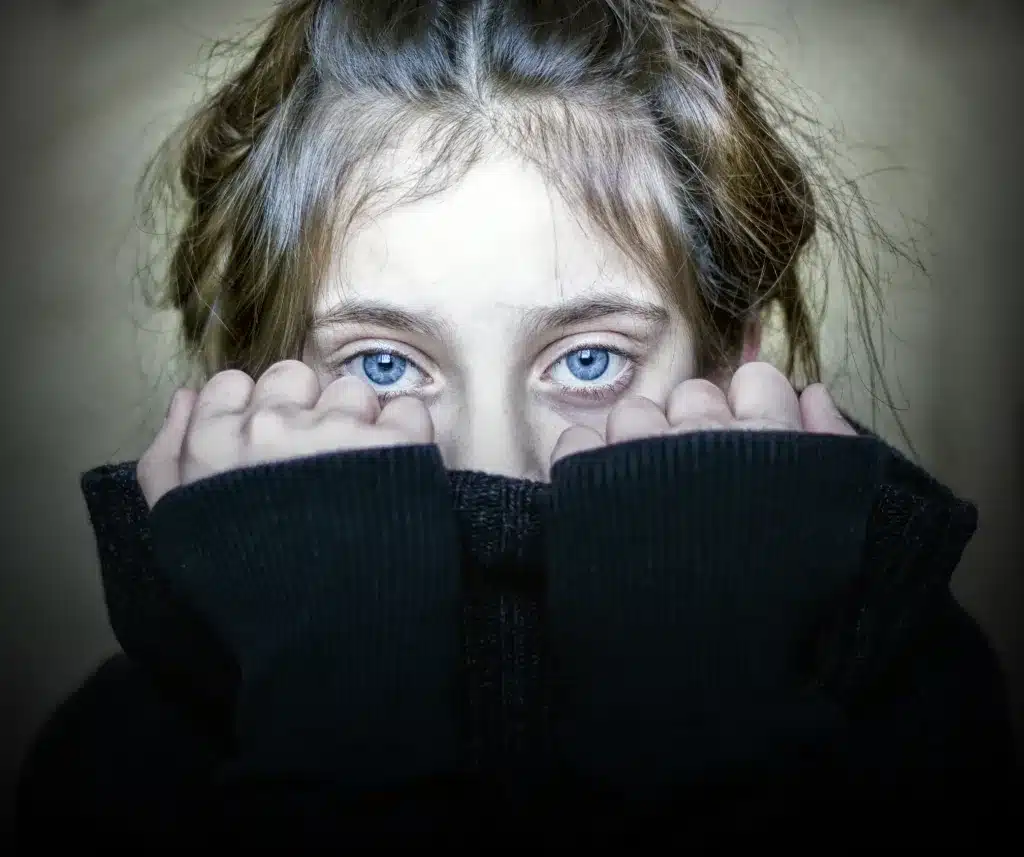
Photo by Sarra22
Childhood is supposed to be a time of innocence and joy, but unfortunately, many children experience trauma that can have lasting effects on their well-being. Trauma on children can take many forms, including physical, emotional, or sexual abuse, neglect, natural disasters, and more. Coping with trauma can be difficult for anyone, but children are particularly vulnerable and may struggle to understand and express their emotions. However, healing child trauma is possible with the right care and support.
Contents
Trauma can significantly impact a child’s physical, emotional, and psychological development. Traumatic events can leave a lasting impression on a child’s mind, making it difficult for them to cope with stress and manage their emotions. Trauma can also lead to the development of anxiety disorders, depression, and other mental health problems.
Children who experience trauma may suffer from physical symptoms such as headaches, stomach aches, and fatigue. They may also experience sleep disturbances, which can lead to problems with concentration and learning.
Emotional effects of trauma on children can include feelings of anxiety, depression, fear, and anger. Children who experience trauma may also become withdrawn or develop trust issues, making it difficult for them to form healthy relationships with others.
Trauma can profoundly impact a child’s psychological well-being, leading to the development of post-traumatic stress disorder (PTSD), dissociative disorders, and other psychological disorders.
Trauma affects children differently than adults because children’s brains are still developing. Trauma can disrupt the development of the brain, leading to changes in how the brain processes information and responds to stress. Children who experience trauma may have a heightened response to stress, making it difficult to regulate their emotions and cope with everyday challenges.
Trauma can also impact a child’s ability to form healthy relationships with others. Children who experience trauma may have difficulty trusting others and struggle with forming attachments. This can lead to social isolation and difficulties with socialization.
Children can experience various traumatic events that can have lasting effects on their well-being. Some common types of trauma that affect children include:
Physical abuse involves the use of physical force to harm a child. Physical abuse can include hitting, kicking, and other forms of physical violence.
Sexual abuse involves any sexual activity with a child that is non-consensual or inappropriate. Sexual abuse can profoundly impact a child’s psychological and emotional well-being.
Neglect involves failing to provide for a child’s basic needs, such as food, shelter, and medical care. Neglect can lead to physical and emotional harm and can have lasting effects on a child’s well-being.
Domestic violence involves violence between adults in a household. Children who witness domestic violence can suffer from emotional and psychological trauma.
Natural disasters such as hurricanes, earthquakes, and floods can be traumatic for children. Natural disasters can lead to the loss of homes, possessions, and loved ones, which can have lasting effects on a child’s well-being.
War and conflict can be traumatic for children who experience violence, displacement, and the loss of loved ones. Children who experience war and conflict may suffer from psychological trauma and long-term effects on their development.
Children who have experienced trauma need support and care from their caregivers, parents, and educators. Here
are some ways that you can help children who have experienced trauma:
Children who have experienced trauma need a safe and stable environment to heal. Providing a stable home environment with consistent routines and positive reinforcement can help children feel safe and secure.
Children who have experienced trauma need someone to listen to them and validate their feelings. Providing a safe space for children to express themselves and their emotions without judgment is important.
Children who have experienced trauma may benefit from professional help. Therapists, psychologists, and other mental health professionals can help children process their emotions and develop coping skills.
Caregivers, parents, and educators need to take care of themselves to be able to provide care and support to children who have experienced trauma. Practicing self-care activities such as exercise, meditation, and spending time with loved ones can help caregivers manage stress and maintain their mental health.
Creating a support system for children who have experienced trauma can help them feel supported and cared for. This can include family members, friends, teachers, and mental health professionals.
Children who have experienced trauma may benefit from opportunities for play and creative expression. This can help children express their emotions and develop healthy coping mechanisms.
Trauma can disrupt the development of a child’s brain, leading to changes in the way the brain processes information and responds to stress. This can lead to emotional regulation, cognitive processing, and socialization difficulties.
Parents and caregivers can help children who have experienced trauma by providing a safe and stable environment, listening and validating their feelings, seeking professional help, practicing self-care, creating a support system, and providing opportunities for play and expression.
Some common types of trauma that affect children include physical abuse, sexual abuse, neglect, domestic violence, natural disasters, and war and conflict.
Yes, children can recover from trauma with the right care and support. Therapy, self-care, and a supportive environment can help children heal and develop healthy coping mechanisms.
Educators can help children who have experienced trauma by providing a safe and supportive learning environment, identifying signs of trauma, collaborating with parents and mental health professionals, and implementing trauma-informed practices.
Some signs that a child may have experienced trauma include behavioral changes, mood swings, difficulty sleeping, trouble concentrating, and withdrawal from social activities.
Trauma can have a lasting impact on a child’s physical, emotional, and psychological well-being. Children who experience trauma need care and support from their caregivers, parents, and educators to heal and develop healthy coping mechanisms. By providing a safe and supportive environment, seeking professional help, practicing self-care, and creating a support system, we can help children who have experienced trauma heal and thrive.

Jasbir Kapoor is an author, blogger, web and graphic designer, SEO expert, logo designer, and entrepreneur with an MBA and a background in English Literature. He is passionate about creating engaging content and beautiful, user-friendly websites, and is always seeking new opportunities to learn and grow.
Leave a comment